Ogre's Delight is an asymmetrical card game with turn-based combat where a
group of heroes fight against a boss. Choose your skills wisely. Or don't.
It's up to you. Good luck!
Overview
Before the game, a member of your group "volunteers" to be the boss
player. Once decided, each player locks in a boss or hero and builds
their deck of skills. The game starts.
During an encounter, each side tries to bring down the opponents health
points to zero by casting skills.
The game ends when either all bosses or all heroes are dead.
Phases
The game can be divided into the following phases:
Preparation
Decide who is going to be the boss player and set the number of bosses,
which will be controlled by the boss player.
Draft
The boss player is prompted to select their bosses. The order in which
the bosses were selected is the order the heroes will face them. Once
the bosses have been locked in, the hero players can choose their hero.
Heroes are grouped into different roles: damage dealer, tank and
support. In a team of heroes, there may be at most one tank and one
support.
Each hero or boss has a predefined set of skills you can choose from and
go into battle with. There are three types of skills: basic, special and
reactive. You must choose a basic skill and at least nine other skills
to complete your deck.
In order to prepare for an upcoming encounter, both hero players and the
boss player take their selected basic into their hand and shuffle their
deck, placing it face down in front of them.
Encounter
An encounter is a turn based combat between the boss and the hero
players. It ends, when either the boss dies or all heroes are dead.
Turn
Turns alternate between the heroes and the boss. In a team of three
heroes, this would look like this:
hero1 -> boss -> hero2 -> boss -> hero3 -> boss -> hero1
The turn itself of an active hero player looks as follows:
- You and your allies pick up a new skill from their deck and put it
into their hand.
- You select a special or a basic from your hand, choose your target(s)
and activate the skill. Once activated, it becomes the foundation for
the cast.
- You and your allies play their reactives aimed at your target.
- The opposing side plays their reactives which are also aimed at your
target(s).
- The damage gets calculated, events get carried out.
A turn of the active boss player looks as follows:
- You pick up a new skill from your deck and put it into your hand.
- You select a special or a basic from your hand, choose your target(s)
and activate the skill. Once activated, it becomes the foundation for
the cast.
- You play your reactives aimed at your target(s).
- The opposing side plays their reactives which are also aimed at your
target.
- The damage gets calculated, events get carried out.
Loot
If a boss gets defeated, it drops loot. The loot consists of four
randomly selected skills from the bosses loot table. Each hero can
select one. The selected skill will be added to their deck for the
remaining bosses of the game. While the heroes are looting, the boss
player builds the deck for the upcoming boss. Once everybody is ready,
the next encounter begins.
Cast
The cast describes all skills played during a turn. The first activated
skill in a turn, which may only be a basic or special skill, becomes the
foundation of the cast. It determines the target(s) of this turn. From
this point forward within the turn, you may only play reactive skills.
All outgoing effects and events are applied to the cast's target(s). On
the other hand, incoming effects and events only apply individually to
the player, who activated the respective skill.
At the end of a turn, the activated skills' effects and events are
calculated and carried out.
Skill types
There are three different skill types in the game: basic, special and
reactive skills. All skills require energy in order to be played.
Basic
Basic skills can only be played on your active turn. After your turn
ends, you must put the skill back into your hand. You can only play one
basic on your turn. You need a target to play them. You always hold your
basic skill in your hand at the start of a turn.
Special
Special skills can only be played on your active turn. After your turn
ends, this skill gets put back to the bottom of your deck, unless it is
a one time use skill. You can only play one special on your turn. You
need a target to play them.
Reactive
Reactive skills can only be played after a basic or special skill has
been activated. You can play as many reactives as your energy permits.
After the turn ends, the played reactives get put back to the bottom of
your deck. The target of the cast is the target of your reactive's
outgoing effects and events.
Skill attributes
General
General attributes specify how a skill can or can not be played during a
turn. They are displayed on the top of the card.

Energy
The amount of available energy you have is the number of cards you
are currently holding in your hand. You must meet the resource
requirement for a skill before you activate it.
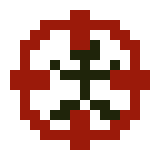
Targets
Tells you onto how many targets you can use your skills. Reactive
skills do not specify targets. The target(s) of the cast is/are
the target(s) of the basic or special skill.
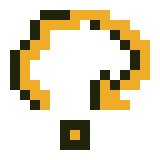
Selfcast
You can only designate yourself as the target of the skill.

Casttime
The casttime tells you how many turns it takes for this skill to
become active. During this time, all of your turns are used up to
cast this skill. Meaning: you are not allowed to do anything
during this casttime, except drawing cards from the deck. A
casttime of 1 means that after you casted the skill, it becomes
active on your next turn. Upon casting a skill with casttime, it
is placed face up on the table.
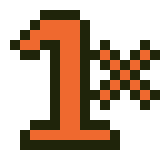
One time use
These skills are removed from the encounter after they have been successfully played.
Once the encounter ends, players can return their one-time-use skills back to their deck. If a one-time-use skill has been interrupted, it is not removed from the encounter, instead it gets put back under the deck.
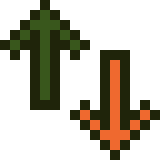
Direction
This icon separates the effects and events of the skill depending
on their direction. On the left, all outgoing effects are listed.
These effects and events apply to the target(s) of the cast. On
the right are the incoming effects and events, which are applied
to the player who activated the skill.
Effects
Damage & Heal
Amplification
Amplifications strengthen or weaken the corresponding effect. They only
apply if the corresponding effect type is present in the cast.
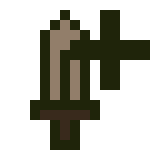
Physical damage amplification
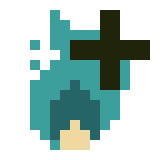
Magic damage amplification
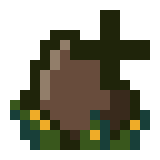
Nature damage amplification
Events
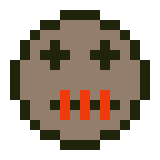
Silence
The target is not able to cast reactive skills during the cast.
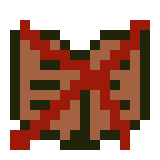
Interrupt
Interrupts a currently channelled cast of the target. A cast can
only be interrupted while it is being channelled. Once the cast
has been activated, it is no longer interruptable.
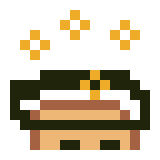
Stun
The affected player(s) lose all special skills from their hand.
They must be put to the bottom of their deck.

Dodge
The affected player(s) receive no physical damage.
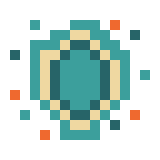
Magic Immunity
The affected player(s) receive no magic damage.

Immunity
The affected player(s) receive no damage.
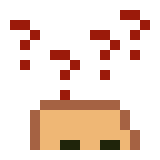
Disorient
The deck(s) of the affected player(s) get shuffled.
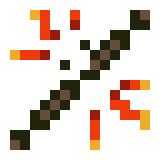
Unimpaired
The affected player(s) can not be stunned or disoriented.

Opportunity
The affected player(s) is/are allowed to draw a card from their
deck.
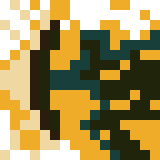
Intercept
The player(s) who cast a skill with this event becomes the new and
only target of the cast.
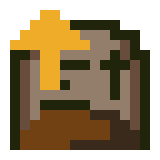
Resurrect
The affected player(s) is/are revived and is/are able to rejoin
the fight.
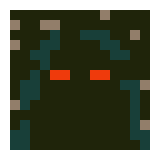
Stealth
A skill with stealth is placed face down. You may this skill to
your team mates before activating it.
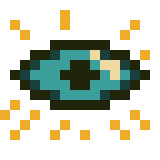
Detection
All cards facing down are turned face up.
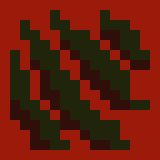
Frenzy
The target(s) receives double the amount of damage, they would
otherwise receive. The amount is calculated after all other
effects and events have been taken into account. This event
stacks.
Transmutations
Transmutations convert the effect type of the cast, meaning that all
other effect types in the cast turn into the specified effect type. In
the case of transmute magic, physical and magic damage as well as
healing turns into magic damage. This also applies to all amplification
effects.
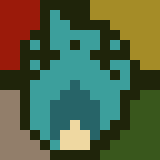
Transmute magic
Turns all effects to magic damage and effect amplifications into
magic damage amplifications.
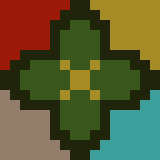
Transmute heal
Turns all effects into heals and all effect amplifications into
heal amplifications.